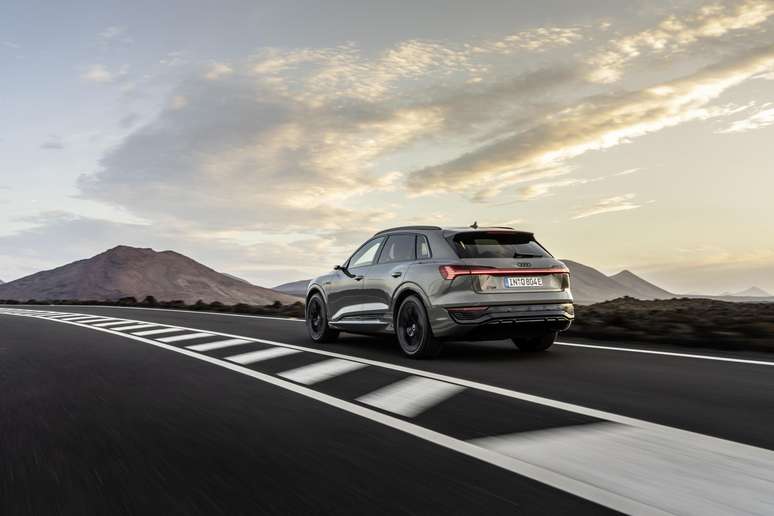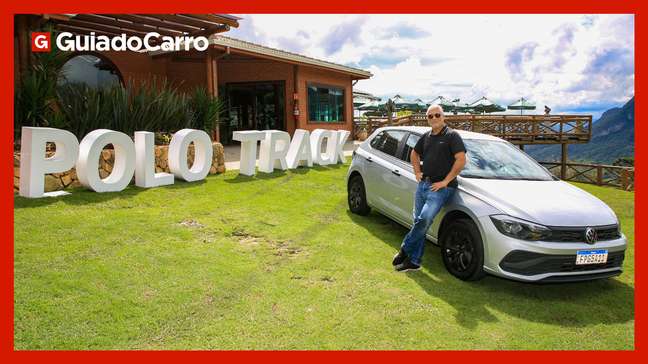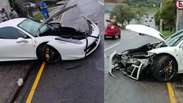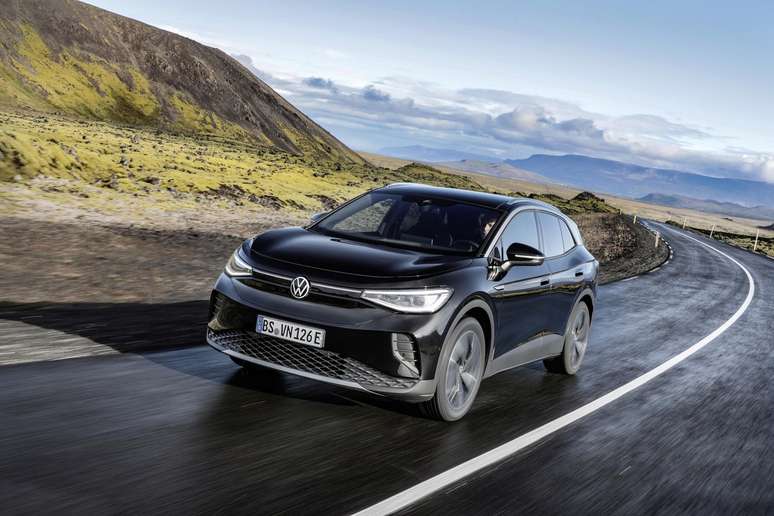With global sales of 8.5 million vehicles, brands led by Volkswagen, Audi and Porsche grow in electric car segment
The Volkswagen Group sold 8.5 million vehicles worldwide in 2022 and made an operating profit of 22.5 billion euros. This means 13% growth in profits despite a slight 1% decline in sales.
The numbers were revealed on Tuesday the 14th in Berlin. In 2022, the group’s turnover also grew steadily (+12% compared to 2021), reaching 279 billion euros. Sales of battery electric cars (BEVs) grew by 26% and new models will be launched in 2023.
One of the reasons for the Volkswagen Group’s success in 2022 was the operation in China. In the world’s largest electric car market, brands such as Volkswagen, Audi and Porsche together grew by a staggering 68%.

The Volkswagen Group is controlled by Porsche and brings together the following (major) brands: Volkswagen, Porsche, Audi, Seat, Skoda, Scout, Bentley, Lamborghini and Ducati. The group maintained its leadership in electric cars in Europe.
Oliver Blume, CEO of Volkswagen Group and Porsche, said: “2023 will be a decisive year to drive forward our strategy and accelerate progress within the Group.” In global terms, there is no doubt that Volkswagen is betting everything on electrification.
In a conversation with Guia do Carro over dinner in Berlin the night before the conference, Oliver Blume said that “Volkswagen Group will certainly be one of the world leaders in the new world of electric cars”.

In addition to investing in new families of electric cars – such as the Volkswagen ID, the Audi e-tron and the electric Porsche – the Volkswagen Group pays close attention to the production of electric batteries and chargers through the new company PowerCo, which has Thomas Schmall ( former CEO of VW do Brasil) in the position of President.
The Szalsgitter plant will produce 240 GWh per year. The Volkswagen Group plans to have 43,000 charging points worldwide by 2030, including 18,000 in Europe, 17,000 in China and 8,000 in the United States and Canada.
According to Schmall, the battery currently accounts for 40% of the cost of an electric car. Of this 40%, Volkswagen currently depends 95% on Asian suppliers. For this reason, the Group invests in PowerCo and SalzGiga (name of the German plant).
When it has the necessary scale, battery production will cover more than 80 percent of the Volkswagen Group’s product portfolio. There should be a 30% cost reduction by 2033. In addition, there will be a 50% reduction in the launch time of a new electric car.
At Volkswagen, the next expected model will be the ID.2, a car the size of the Novo Polo. There will be an all-new Category D (large) electric SUV in the Porsche brand starting in 2027, but before then, three current cars will get 100% electric versions: Macan (2024), 718 Cayman/Boxster (2025) and Porsche Cayenne (2026) . For Brazil, the top rated car to be the first BEV is the Volkswagen ID.4.

-
ASSISTANCE

Polo Track shows why it is the rightful successor to Gol
-
ASSISTANCE

The electric car is a regenerative business opportunity in Brazil
-
ASSISTANCE

Ferrari worth R $ 2 million is destroyed after hitting a dumpster
Source: Terra
Rose James is a Gossipify movie and series reviewer known for her in-depth analysis and unique perspective on the latest releases. With a background in film studies, she provides engaging and informative reviews, and keeps readers up to date with industry trends and emerging talents.






